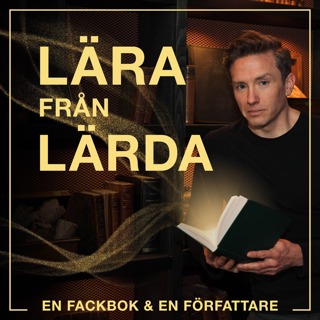
345 | Adam Elga on Being Rational in a Very Large Universe
Behaving rationally involves facing up to conditions of uncertainty; we never navigate the world with perfect confidence. Sometimes we are uncertain about the way the world is, but we can also be unce...
23 Feb 1h 34min

344 | Adam Gurri on Liberal Democracy and How to Fight For It
It's possible to look at the course of history over the past few centuries and discern a movement toward increasing democracy, freedom, and individual rights -- "liberalism," in the political-philosop...
16 Feb 1h 21min

343 | Tom Griffiths on The Laws of Thought
For all that human beings spend a lot of their time thinking, it's far from obvious what that process actually entails. Part of it amounts to classical logical reasoning. But an even bigger part invol...
9 Feb 1h 19min

AMA | Feb 2026
Welcome to the February 2026 Ask Me Anything episode of Mindscape! These monthly excursions are funded by Patreon supporters (who are also the ones asking the questions). We take questions asked by Pa...
2 Feb 3h 10min

342 | Rachell Powell on Evolutionary Convergence, Morality, and Mind
Evolution with natural selection involves an intricate mix of the random and the driven. Mutations are essentially random, while selection pressures work to prefer certain outcomes over others. There ...
26 Jan 1h 37min

341 | Stewart Brand on Maintenance as an Organizing Principle
"Things fall apart; the centre cannot hold," wrote W.B. Yeats. I don't know about the centre, but the tendency of things to fall apart is pretty universal, ultimately due to the Second Law of Thermody...
19 Jan 1h 12min

340 | Rebecca Newberger Goldstein on What Matters and Why It Matters
At any given moment, an uncountable number of events are happening, but only some of them matter to us. What does it mean for something to matter, and more importantly, what does it mean for us to mat...
12 Jan 1h 18min

339 | Ned Block on Whether Consciousness Requires Biology
It's become increasingly clear that the Turing Test -- determining whether human interlocutors can tell whether a conversation is being carried out by a human or a machine -- is not a good way to thin...
5 Jan 1h 11min




















